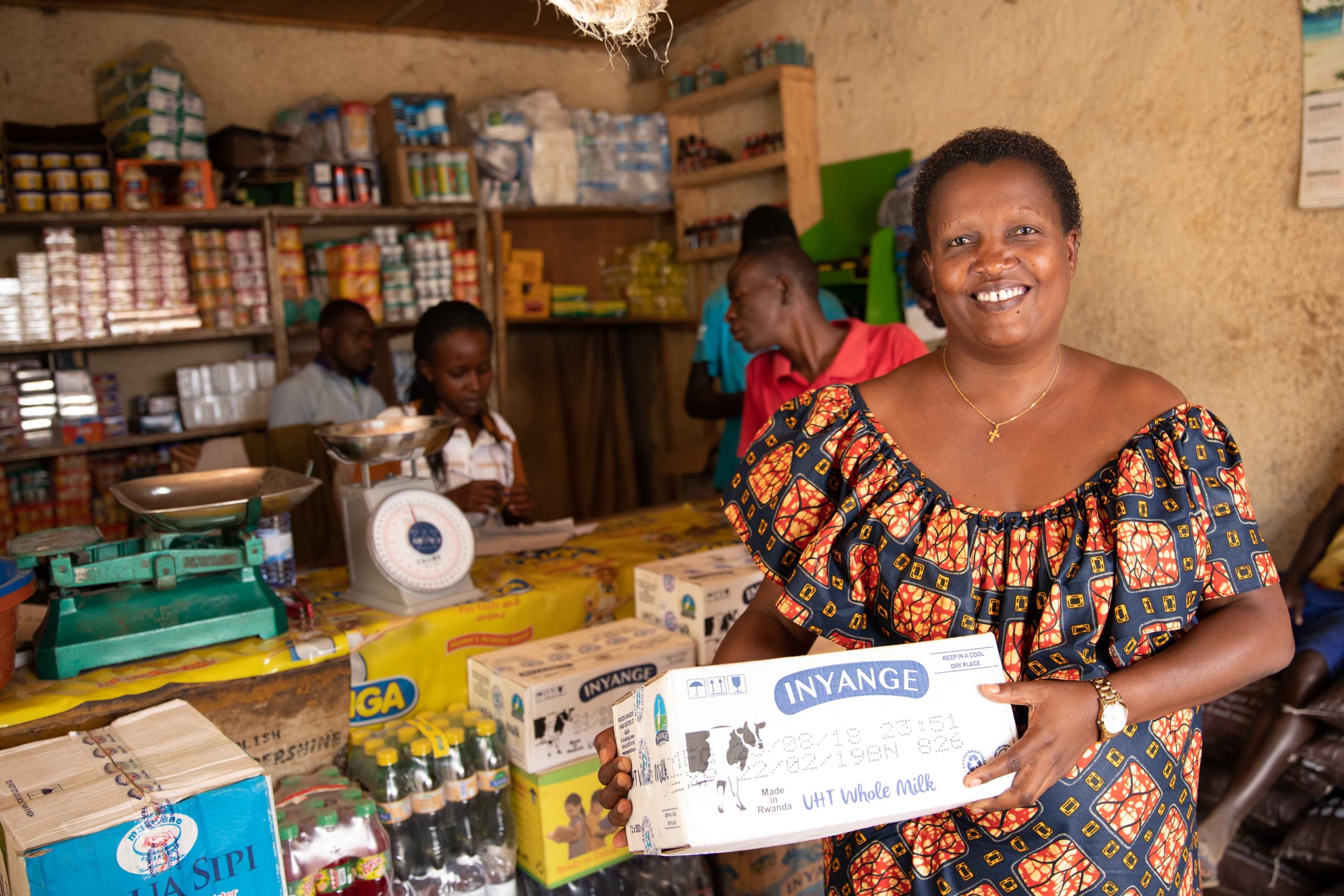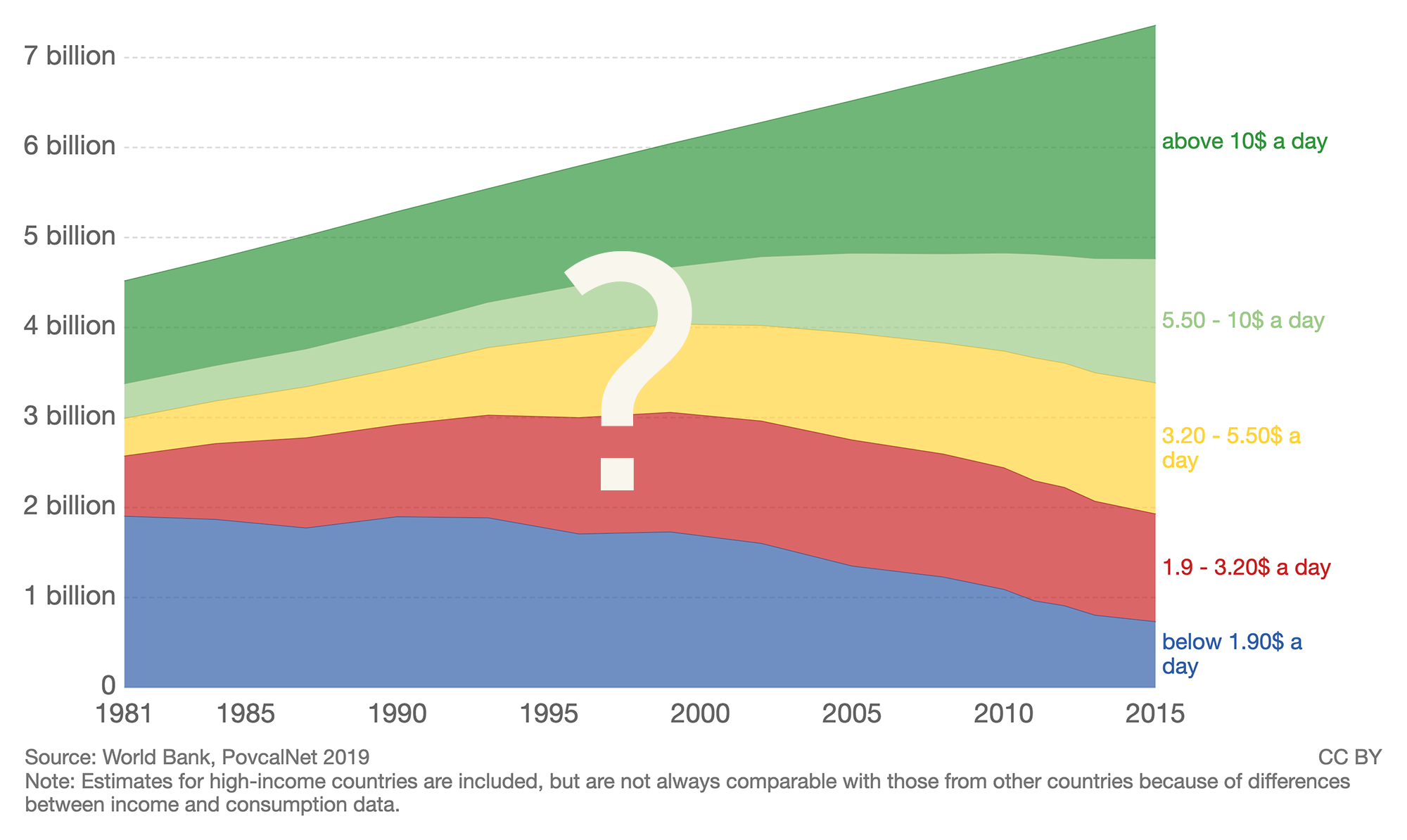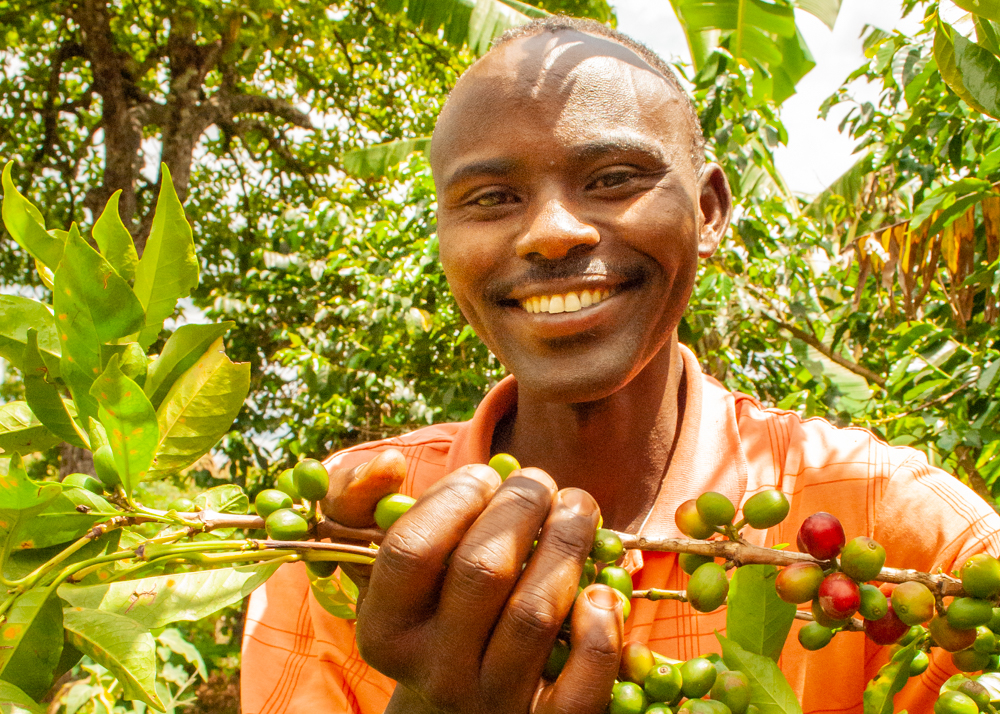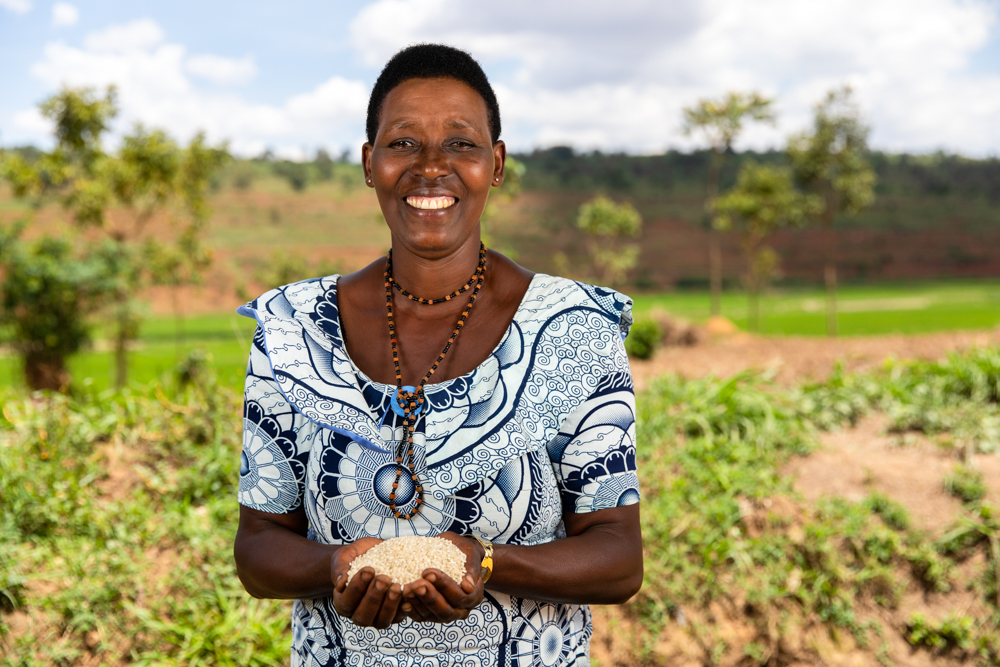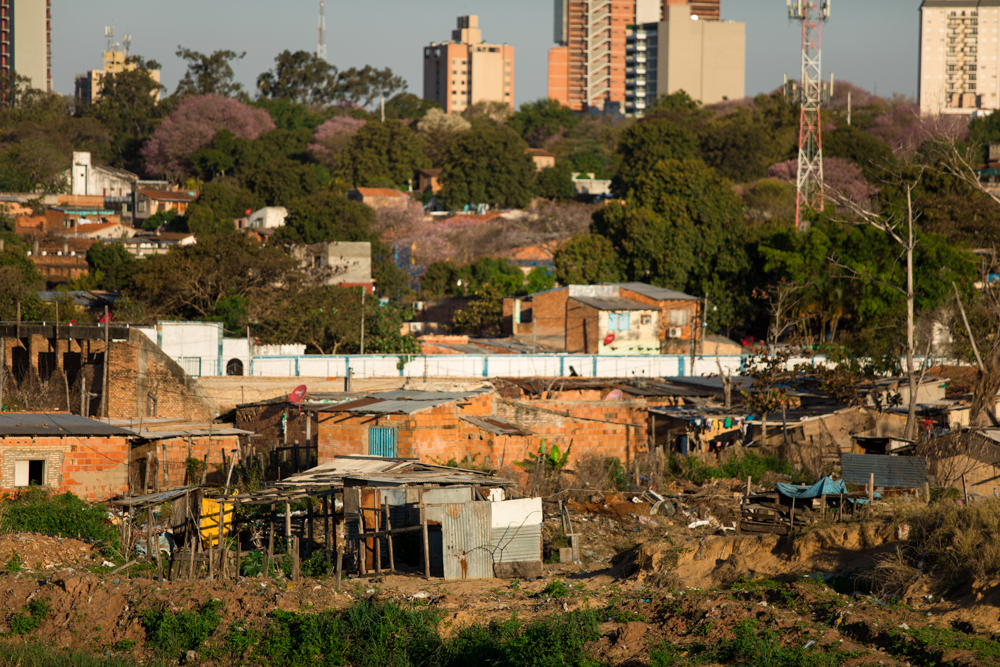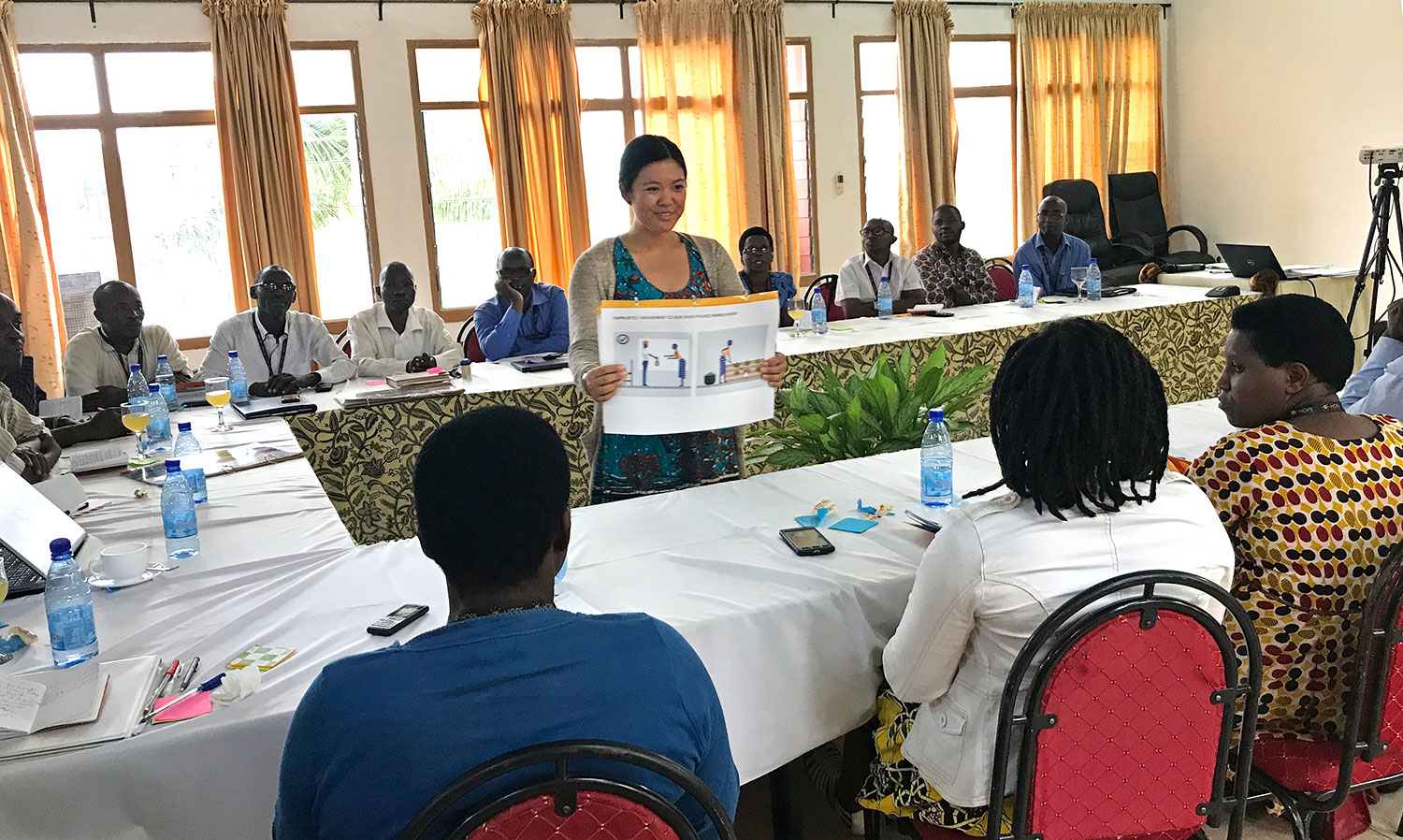Amidst the COVID-19 pandemic, we’re more aware than ever of the critical role that essential businesses—and the entrepreneurs running them—play. Across the HOPE network, men and women use their businesses to provide necessary goods and services, and as they do, they not only provide for their own families but often become known as leaders in their church and community. Continue Reading…
Archives For Burundi
HOPE Intl
HOPE Intl
Stories we loveAnnie Rose Ansley
Annie Rose Ansley
NewsOver 2 billion people in the world live on $3.10 a day or less.
You’ve likely heard this stat, or something similar. But these statistics don’t tell the full story because $3.10 is just an average: Those living in poverty aren’t making that amount every day. Some days, they may earn $15, but most days, they’re more likely bringing in $0. Often operating their businesses in small communities and selling seasonal products or crops, these entrepreneurs cannot consistently rely on a certain amount of daily or even monthly income to cover expenses. Continue Reading…
Isaac Barnes
Isaac Barnes
NewsDried apricot, raspberry, brown sugar. No, these aren’t candle scents; they’re the delicate flavors of specialty coffees sourced from the highlands of Burundi and Rwanda. In my very caffeinated opinion, coffees from these two hilly countries in East Africa are among the world’s most delicious, and yes, they even fight poverty. Continue Reading…
HOPE Intl
HOPE Intl
Photos / Media Stories we loveHOPE Intl
HOPE Intl
News Spiritual Integration Stories we loveHOPE Intl
HOPE Intl
Microfinance NewsFarmers in rural, agricultural areas of Burundi face a number of challenges unique to their remote location, including limited access to educational opportunities and financial exclusion:
40 percent of Burundian adults living in rural areas qualify as “illiterate*”[1]
5.3 percent of Burundian farmers hold an account with a formal financial institution[2]
Yet it is precisely among underserved communities that Turame Community Finance, HOPE’s microfinance institution in Burundi, seeks to work. Clients living in rural villages hold over 90 percent of Turame’s current outstanding loans.
Unlike a traditional bank, however, Turame’s mission goes beyond financial transactions, offering biblically based business training to its clients, and even to those who do not hold an account.
But Turame had a challenge: how to share robust stewardship training with those who may not only be accessing financial services for the first time, but may also have limited reading skills. Continue Reading…






